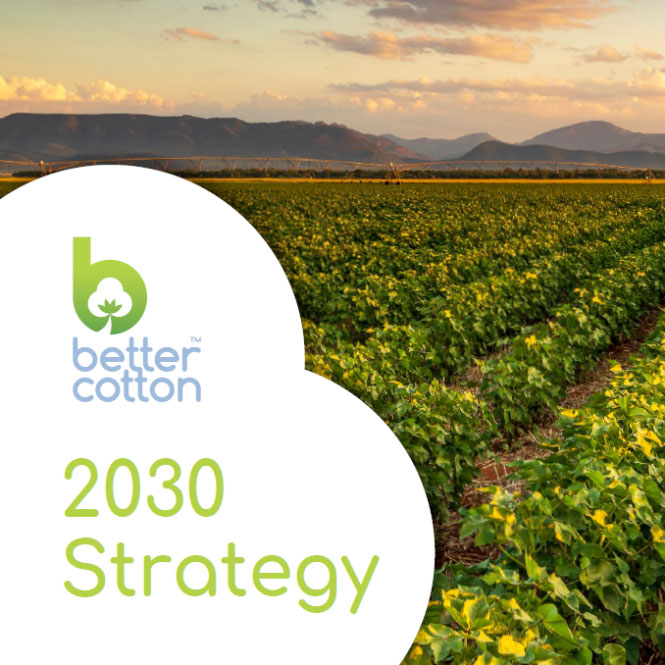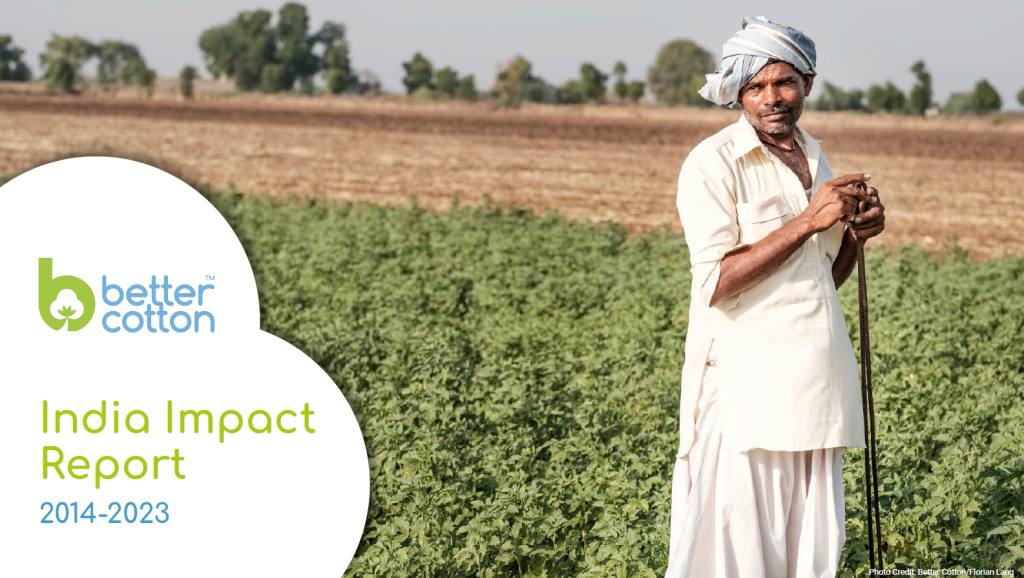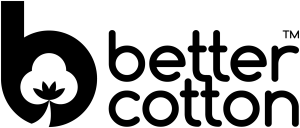How does Better Cotton monitor labour and human rights conditions in countries where our cotton is grown?
In order to assess labour and human rights conditions across Better Cotton producing countries, we have developed a risk analysis tool. The tool serves as an overview of the labour and human rights landscape across Better Cotton producing countries, supporting us in feeding into a more risk-based programme strategy and assurance approach.
The tool draws on data from both internal and external sources.
External data is collected from a range of internationally recognised sources covering seven thematic categories. These are:
- Freedom of Association
- Forced Labour
- Child Labour
- Gender Discrimination
- Ethnic, Religious and Caste-Based Discrimination
- Rights, Rule of Law and Enabling Environment
- Land rights
Internal data is gathered via an internally developed questionnaire covering all seven of these thematic categories. This questionnaire is answered by Better Cotton country assessors, Benchmark Partners, and local civil society organisations or consultants where relevant, to calibrate responses and ensure an accurate representation of labour and human rights conditions on the ground. Some of the questions included are :
- “Have there been any reported or identified incidents of forced labour, child labour, discrimination, violence, or harassment on Better Cotton affiliated farms in the country, within the last 3 years?”
- “Is it common for women to participate significantly in unpaid family work on household farms with limited access or control over the household income?”
- “Is the practice of sharecropping (or tenant farming) common in agriculture in the country and/or is there a significant level of indebtedness among cotton producers or farmworkers, which may include being indebted to landowners or concessionaires?”
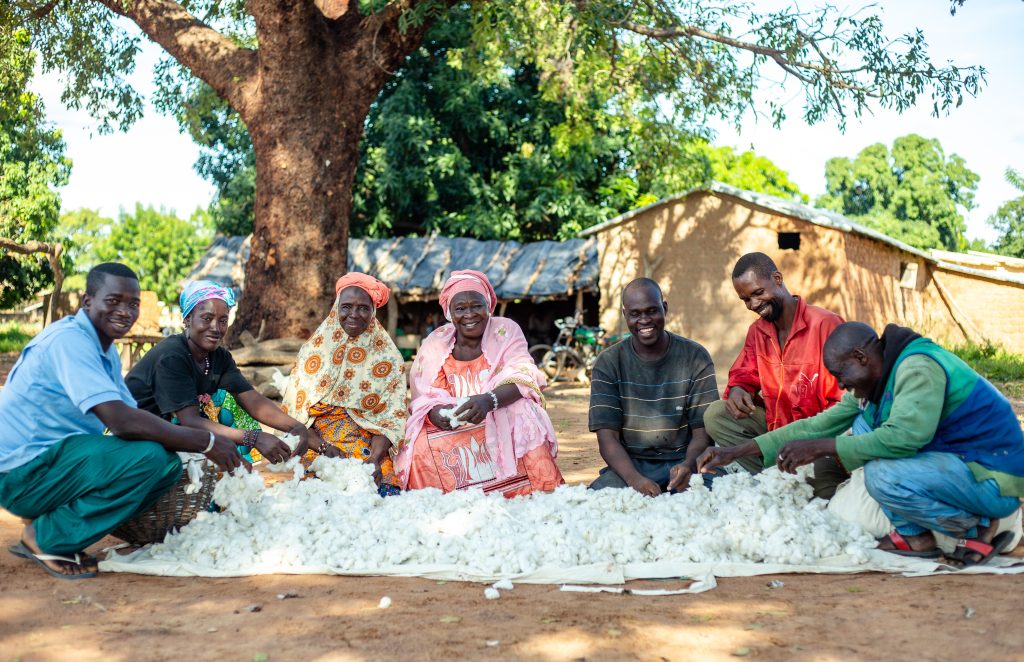
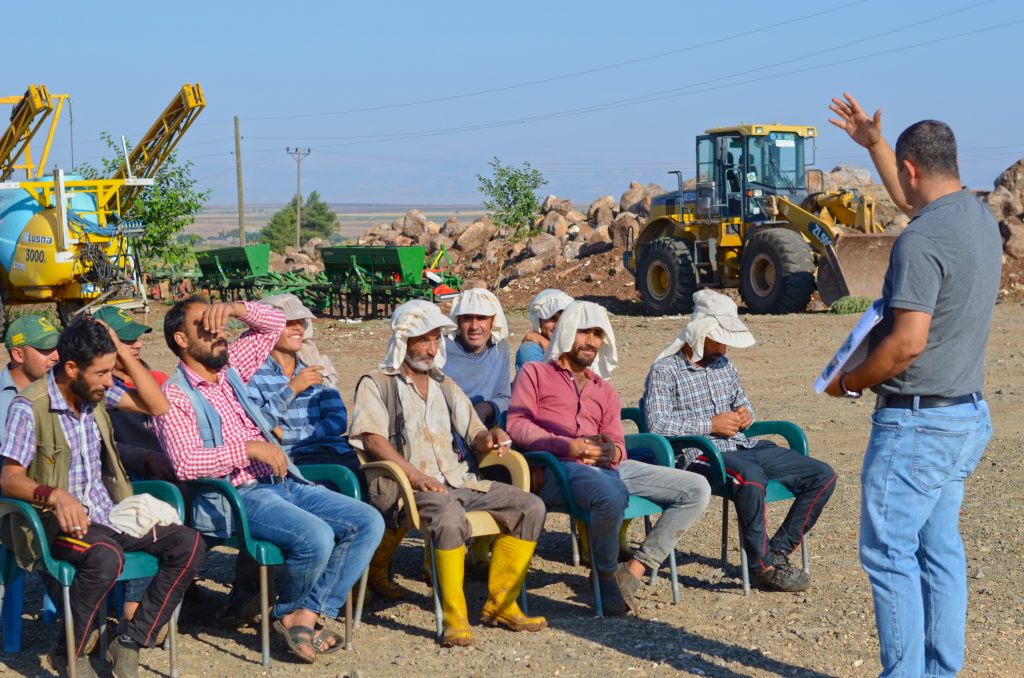
Going forward, we will also employ the tool as we monitor the environments where Better Cotton is grown, to ensure these environments are sufficiently conducive to fostering sustainable cotton production and to enable us to dedicate adequate resources to contexts where risks and needs are higher.
With an increasing focus around the world on the importance of human rights due diligence, Better Cotton looks forward to working with its partners and all relevant stakeholders to continue promoting sustainable cotton production that supports decent work and human rights.
The tool is intended for internal use only and will not be published externally, however, for more information, please get in touch.
External Sources used:
- World Bank – Freedom of Religion Index – a separate sub-component index of indicators from the Civil Liberties section of the Global State of Democracy Indices report from the World Bank
- World Justice Project – Rule of Law Index – Sub Indicator – 4.1 Equal Treatment and Absence of Discrimination
- Minority Rights Group International – Peoples Under Threat
